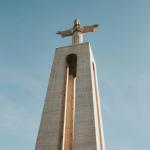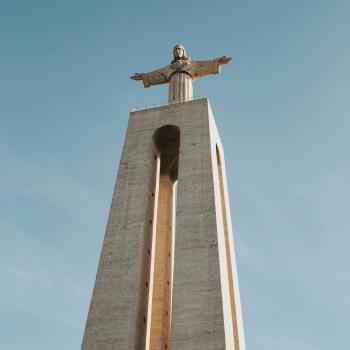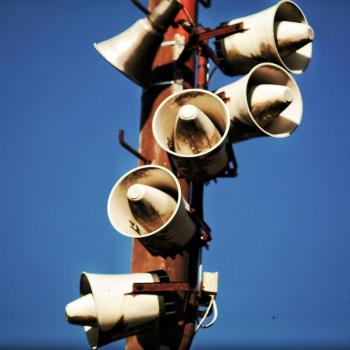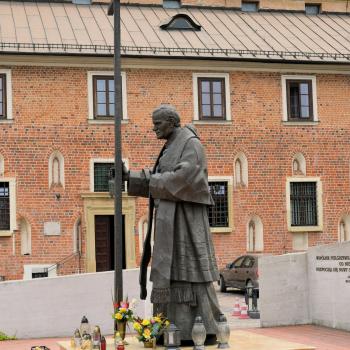Did Pope John Paul II feel fear? One of the refrains of his papacy was “Be not afraid.”
Brothers and sisters, do not be afraid to welcome Christ and accept his power. Help the Pope and all those who wish to serve Christ and with Christ’s power to serve the human person and the whole of mankind. Do not be afraid. Open wide the doors for Christ. To his saving power open the boundaries of States, economic and political systems, the vast fields of culture, civilization and development. Do not be afraid. Christ knows “what is in man”. He alone knows it (John Paul II, 22 October 1978).
Feeling Fear
Of course, the Holy Father felt fear throughout his life. He had to face the Nazis and the Communists. When he arrived in Rome in 1978, he wanted to lead a procession through the streets for Corpus Christi. The authorities of the city did not want to let him do it, because they were dealing with a terrorist organization called the Brigate Rosse and had fears that a public procession would be a target for a violent attack. The Pope responded that he had led the procession in Communist Poland and that he was certainly not going to be deterred from doing it in Rome.
He made it clear that he was determined to do it and was happy to let them provide a police escort if they wished. All subsequent Popes have continued this tradition every year, going from St. John Lateran to St. Mary Major, carrying the Eucharist through the typical Italian neighborhood.
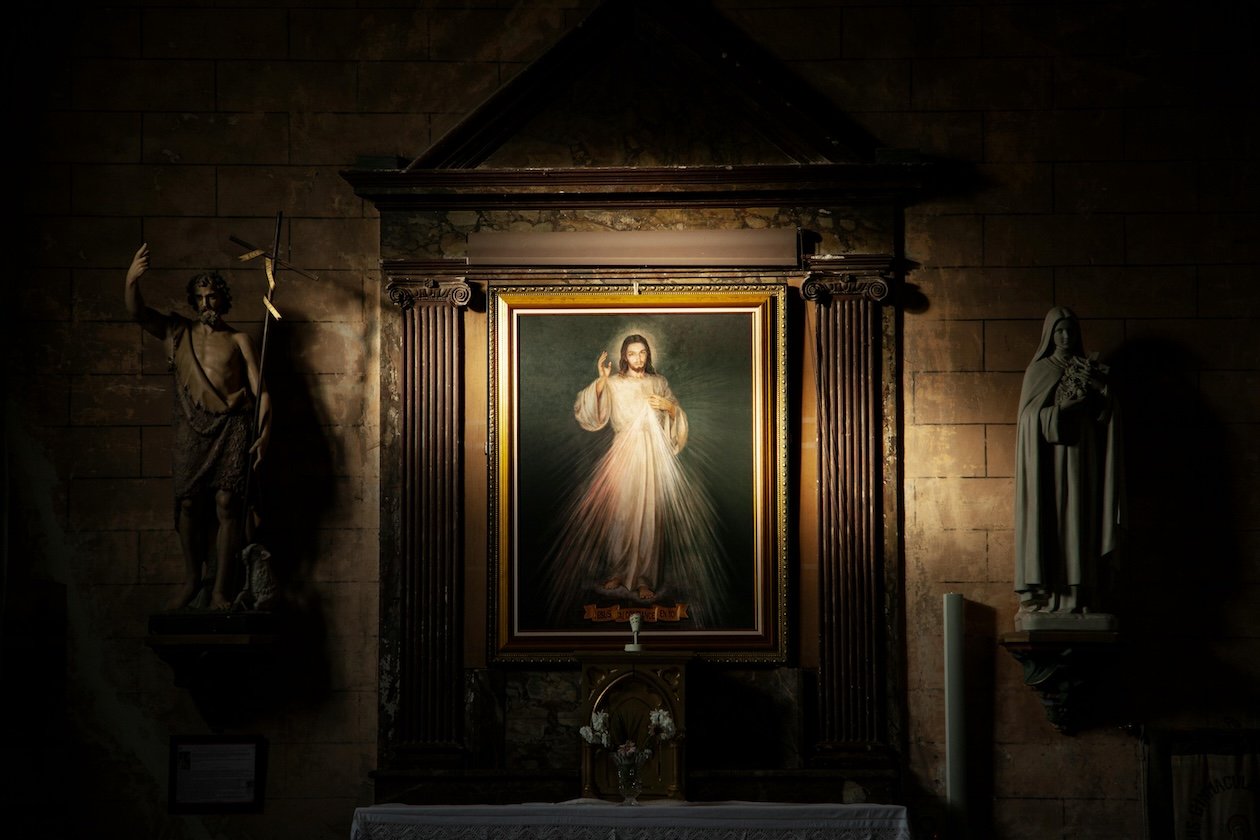
Courage of Pope John Paul II
We could describe Pope John Paul II as courageous–not because he felt no fear, but because he did brave things despite his fear. It is right to feel fear in the proper circumstances. What we must make sure of is that we respond with courage.
I remember a mission trip in Mexico near Cancun where we were swimming at a cenote. It was a big jump from a cliff to get into the water. I remember walking close to the edge a few times before finally taking the plunge. Other missionaries, however, were able to just walk up and jump. They had faced similar challenges before and were ready for this one. They reminded me that we overcome fear not by ignoring it but by improving our own capacity to face the danger. Have you ever faced a moment like that cenote jump – where fear made your knees shake, but something in you still said, “Go”?
Fear is physical
In today’s Gospel, we go back to the Resurrection event of Easter Sunday. The disciples are described as being afraid.
What does this emotion do to us? Let’s discuss a few things that you might not know about fear.
Fear is experienced in your mind, but it triggers a strong physical reaction in your body. As soon as you recognize fear, your amygdala goes to work. It alerts your nervous system, which sets your body’s fear response into motion. Stress hormones like cortisol and adrenaline are released. Your blood pressure and heart rate increase. You start breathing faster. Even your blood flow changes – blood actually flows away from your heart and into your limbs, making it easier for you to start throwing punches or run for your life” (Northwestern Medicine, “Understanding the Science of Fear”).
The first thing is that fear is physical. When fearful, our bodies prepare to react with fight or flight. It is no surprise that the disciples locked themselves in the Upper Room. They were terrified that they might be next in line for execution.
Fear Can Make You Foggy
When the amygdala senses fear, the cerebral cortex becomes impaired. We start to feel foggy. We don’t think quite as well, and it becomes more challenging to make good decisions. The movies praise those who feel no fear and can make snap decisions under any conditions. This does not, however, describe the reality that most of us deal with daily.
Dopamine Can Make You Feel Pleasure
Although it was not the apostles’ experience in this case, the dopamine released by the brain because of fear can cause pleasure. This explains why we might seek adventure as a way of provoking fear and experiencing this rush. This also explains why some people enjoy scary experiences.
Fear Is Not Phobia
Fears are common reactions to events or objects. But a fear becomes a phobia when it interferes with your ability to function and maintain a consistent quality of life (Northwestern Medicine, “Understanding the Science of Fear”).
Fear Keeps You Safe
Fear is a natural, biological condition that we all experience. It’s a complex emotion that can be either healthy or harmful, depending on how we respond to it. We also can’t get rid of fear just by someone saying, “Don’t be afraid.”
Bringing Peace
When Jesus walks into the Upper Room, he gives them his peace. This is not a mere suggestion. He says it as a command. It is also not an empty promise. He promises them peace because he has paid the price for peace. Jesus has given his life so that they could have peace. He proves this through signs.
Sign of Peace
At Mass, we think of the sign of peace as the moment before communion when we greet each other and desire peace for one another. We offer each other a sign of peace but in the Upper Room, Jesus offered his own wounds as a definitive sign of peace. The disciples saw the wounds in his hands, his feet, and his side.
So, what fear are you carrying into this Divine Mercy Sunday? What would it look like to place that fear into the hands of the Risen Christ? “Don’t be afraid” on its own can be an empty phrase. But united to the faith we have in the Resurrection, it gives us peace on this Divine Mercy Sunday. Mercy is not about ignoring reality, but about allowing reality to be transformed by the incredible power of the Death and Resurrection of Jesus Christ. Don’t pretend that the fear doesn’t exist. Instead of denying it – bring it to the Lord. Trust in his mercy, and let his peace take root in your heart.
Subscribe to the newsletter to never miss an article.



